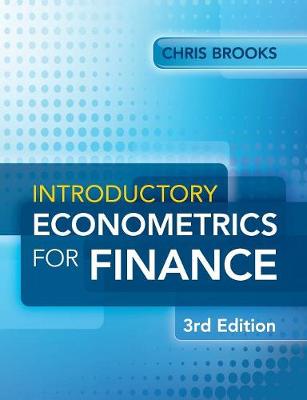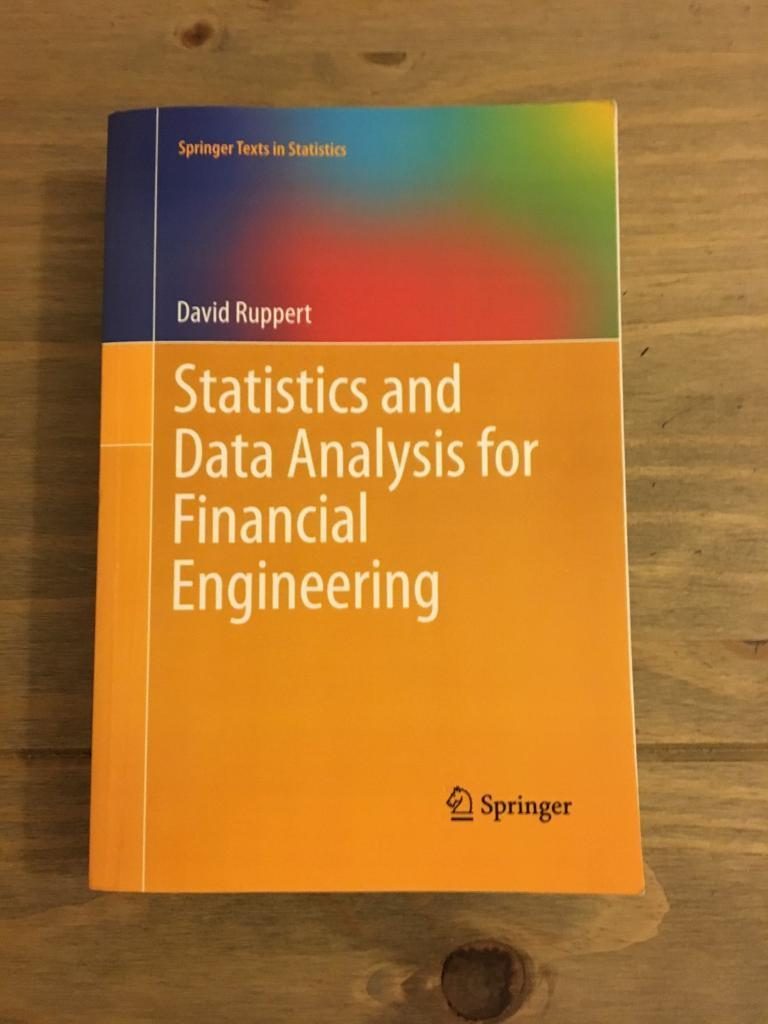Econometrics is one of the integral parts of quantitative trading and without a solid understanding of its concepts, succeeding as a quantitative analyst is impossible. The concepts of econometrics are applied while formulating systematic analysis algorithms and hence one needs to be proficient with the concepts, should they wish to rule the wall street one day.
To master and practice the concepts of financial econometrics, here are four financial econometrics books from which you can refer and learn:
1. Introductory Econometrics for Finance

Written by Chris Brooks, this ‘Introductory Econometrics for Finance’ starts off slow with some basic lesson on linear regression, and then after explaining the topics with real-life examples, the book dwells into multiple regressions based on which various trading models are built.
The book then leaps and starts with the Vector Autoregressive Model (VAR), forecasting time series and finally talking about the Monte Carlo techniques. It is best focussed towards people who have an interest and understanding of finance and not are merely reading it for understanding macro-economic modelling.
2. Schaum’s Outline of Probability and Statistics, 4th Edition
This book by Spiegel, Schiller
While the author has tried covering everything from scratch, it remains a level above the basic and people might need someone proficient to explain to them the concepts and applications.
3. Statistics and Data Analysis for Financial Engineering

This book by Rupper is one of the most comprehensive books on Financial engineering you will find in the market. The book covers everything starting from the asset runs to topics like risk management, GARC, Factor Models etc.
One of the lesser-known USPs of this book is that the book contains a wide range of examples in the R language and hence compared to other books doesn’t only dwell into theoretical concepts but makes sure the reader has practical knowledge as well. Reading this book will give you a profound and deep understanding of the macro-economics concepts, while at the same time helping you with statistical concepts applied to financial data.
4. Analysis of Financial Time Series
This book by Tsay is one of the best guides to time series analysis. The book is recommended for graduate level econometrician, who are already familiar with the basic concepts and are referring this for brushing up or learning concepts like high-frequency trading, continuous-time Black-Scholes framework for derivatives pricing etc.
The book further discusses concepts like non-linear duration models, which are not mentioned in its competitors. You will find examples written in R language which will help you in implementing them efficiently on the system.











